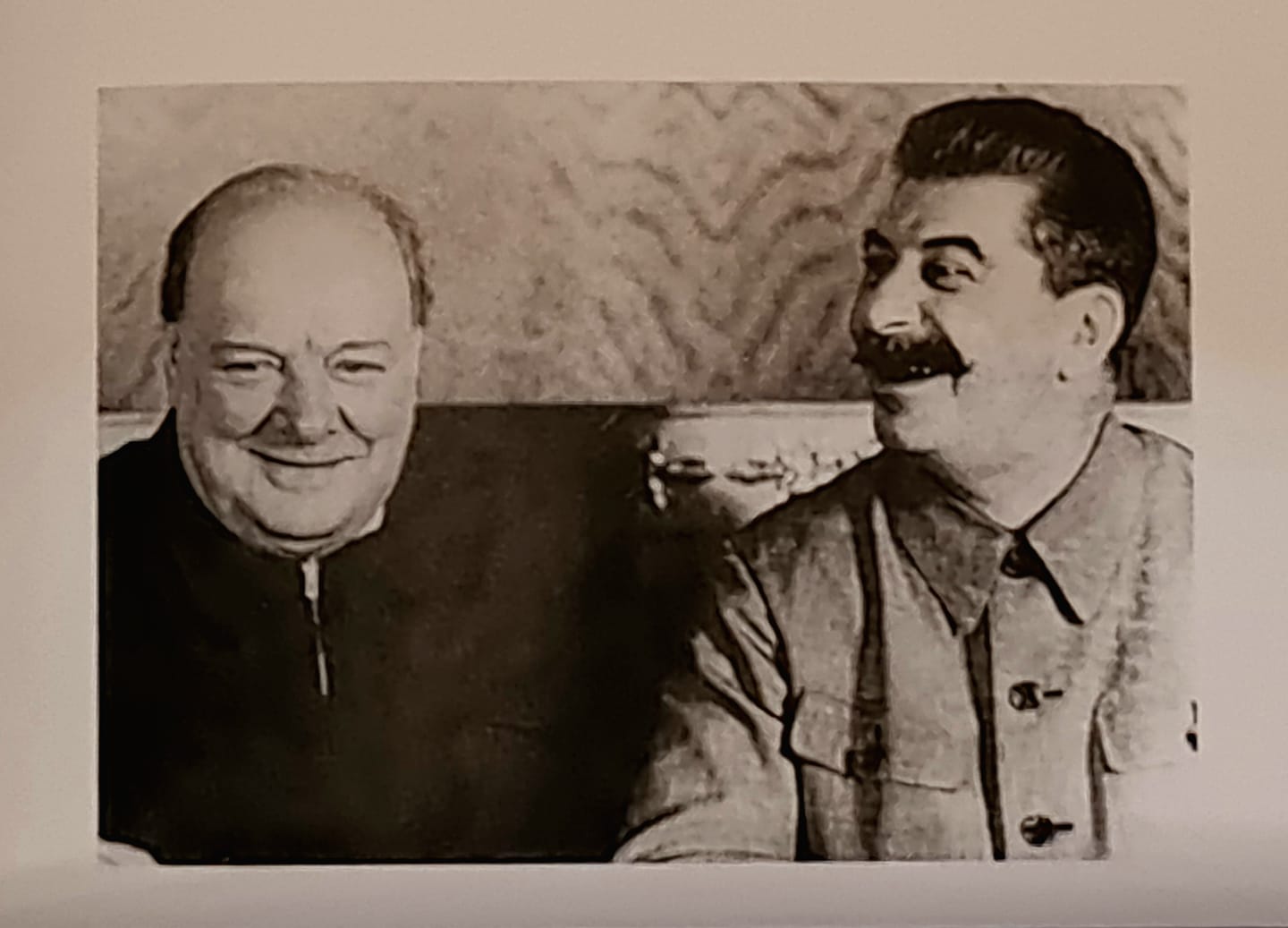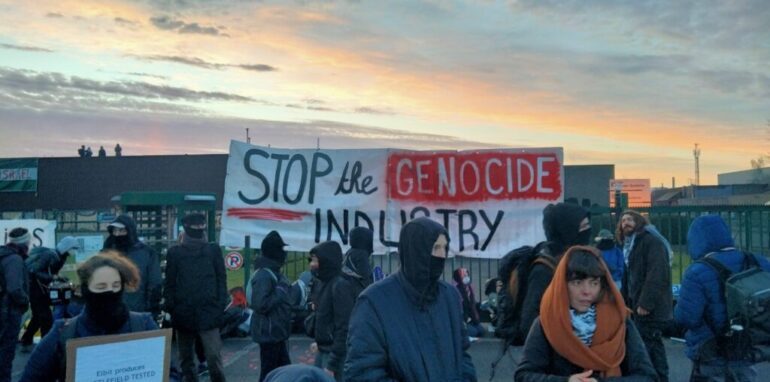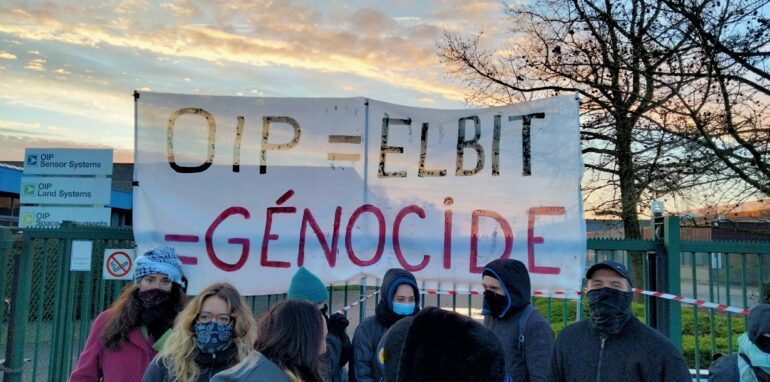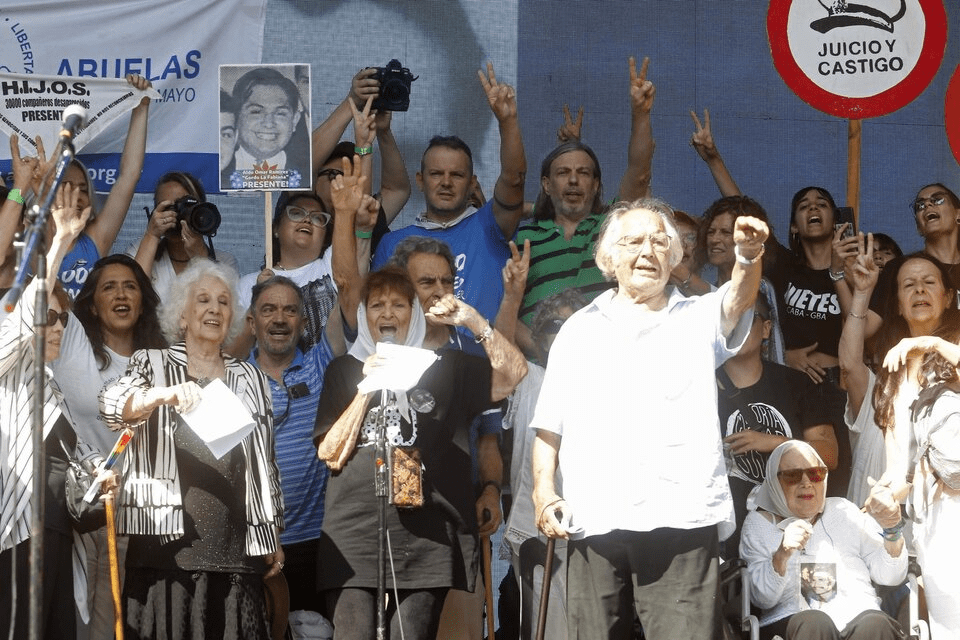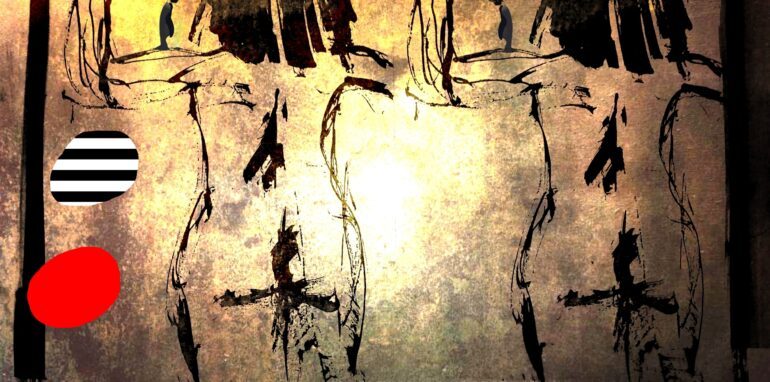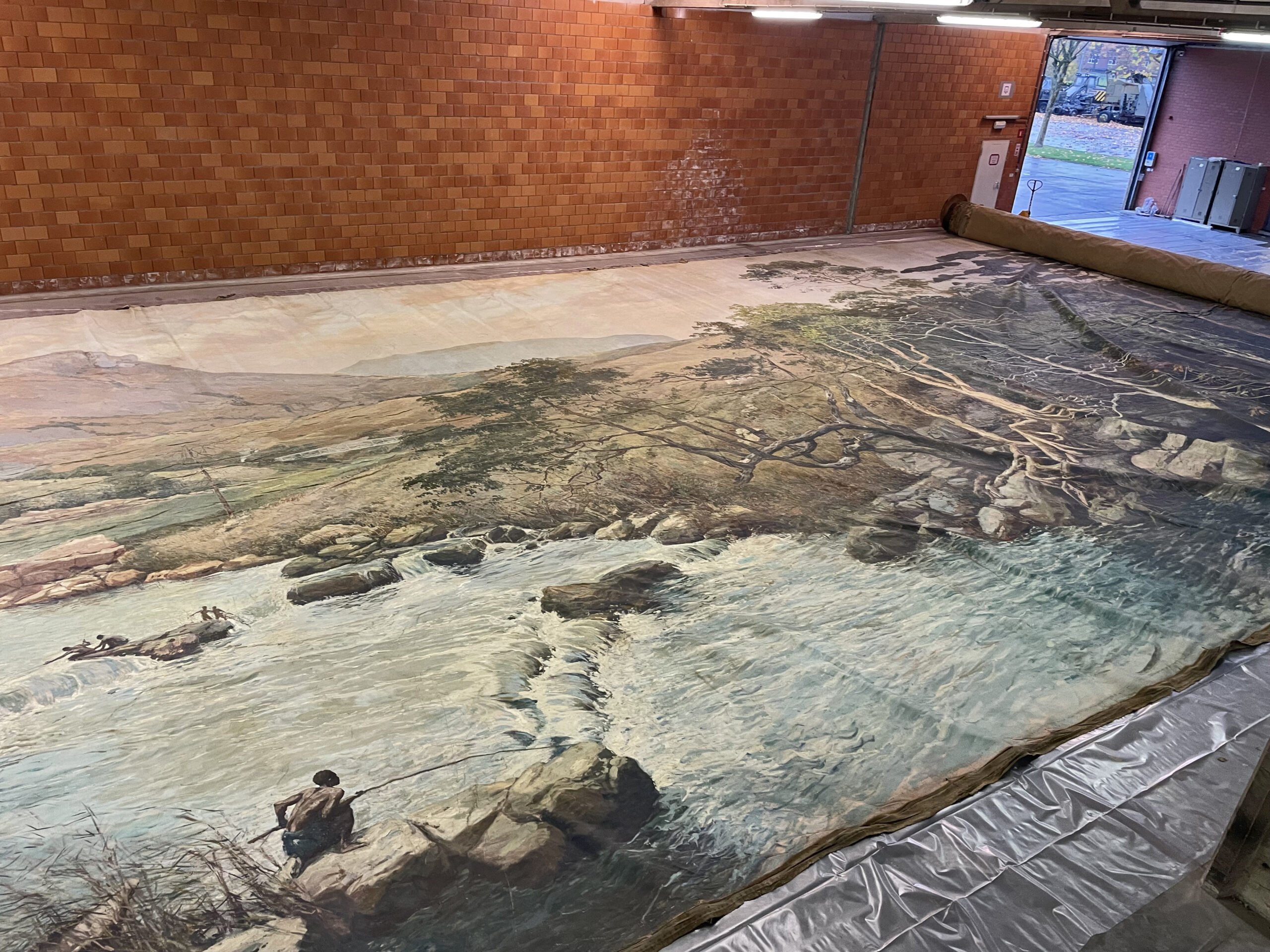17th of August 1942, Moscow: Quarreling at the Top
By means of a presentation to illustrate how the great leaders of the time met with each other & conversed in the middle of the former century in the middle of the Second World War, and as a test and taste of contemporary war historiography, I am pleased to share the following.
On occasion of the third and last dinner together on the evening of the 16th of August, “Bottles were uncorked, food prepared, and the leg-pulling began again [Between Churchill and Stalin], but with good humor. Churchill could not resist chiding Stalin on his pact with Hitler; Stalin, in turn, asked why the British had tried to bomb Molotov when he was in Berlin in 1940. Churchill replied, “In war no advantages can ever be neglected”. Stalin, still smarting from the cancellation of Arctic convoys [with weapons and armoured cars brought to Mourmansk in support of the Soviet Army during many months in 1941], asked , “Has the British Navy no sense of glory?” Churchill [who had been Lord of the Admirality] replied that he knew a great deal about navies. Stalin shot back,”Meaning that I know nothing.” Churchill then delivered a monologue on the differencess between sea powers and land powers, as he had with Molotov in May. The meeting pushed past ten o’clock. Churchill, remembering that he had plans to dine with the Polish general Wyadlslaw Anders, who was in Russia searching for thousands of missing Polish Army officers [lest we forget the massacre at Katyn!], sent off a note cancelling the engagement. Stalin and Churchill talked –and drank – past midnight, trading tales and information. Churchill told Stalin that a major British raid would soon take place on the French Coast, at Dieppe; Stalin offered to share with the British the blueprints for a new type of rocket (he never did). At 1:00 A. M. , a sucking pig was produced, which Stalin fell upon. Churchill finally departed after three with a “splitting headache” (his only reference to the effects of alcohol in his memoirs). By dawn, he was bound for Tehran.
He arrived back in Cairo on August 17, having concluded, as he told the House, that Stalin was “a man of massive outstanding personality… a man of inexhaustible courage and will-power, and a man direct and even blunt in speech. … Above all, he is a man with that saving sense of humour which is of high importance to all men and all nations, but particuarly to great men and great nations. … I believe I made him feel that we were good and faithful comrades in this war but that, after all, is a matter which deeds, not words, will prove. “
____________________________________
This outcome of the second meeting with Stalin in Moscow in august ’42 was not what had seemed coming the previous days. Especially the second meeting between the two leaders, was rather awful, agressive and ominous.
“Shortly after ten on the thirteenth, Churchill left for the Kremlin. It proved a disaster. Harriman saw it coming. [During, their first time in Moscow also], “ their first meeting with Stalin had gone well, but he had arived at the seccond in ful offensive mode, blunt and insulting. He did so again this day, when he began by reading from a memorandum that Harriman described as “bristling with recriminations,” all directed toward Churchill and his “refusal” to open a second front in 1942. He demanded that the front be opened that year. Churchill, shrewdly, promised to respond in writing, thus delaying further recriminations. Stalin came at him verbally, demanding greater sacrifices by the Western powers. Ten thousand Russians were sacrificed daily, he declared.” [Note by the author: “This was not an exaggeration, if both civilians and soldiers were included. Every three months, more Russians died than did Americans in all the wars in American history. (!)]. “What were the British doing?”
Churchill touted the RAF bombing campaign and promised to “shatter almost every dwelling in every German city” as the war went on. Stalin smiled at that, but claimed a “reluctance” to fight on the part of the British. It was fear, in fact. He accused the British of stealing Lend-Lease material [gotten from America], and snarled that they should try fighting for a change, like the Russians, to which Churchill replied, “I pardon that remark only on account of the bravery of the Russian troups.” (…) But Churchill hit back, speaking so rapidly that his interpreter fell behind. “Did you tell him this?” Churchill asked his interpreter, and again, “Did you tell him this?” He wanted Stain to hear each and every point. The British and Americans were not cowards, and they would demonstrate that soon. He and Roosevelt were willing to sacrifice 150.000 men in France if they thought it would help Russia, but a foolish enterprise would serve no one. “Did you tell him this?” again he asked after each rejoinder. Harriman thought it was Churchill’s “most brilliant” performance, during which he not once reminded Stalin of his pact with Hitler. Stalin finally leaned in to the table, and said, “Your words are of no importance, what is important is your spirit.” With that, the tension eased. Stalin invited Churchill and Harriman to dine with him the next evening. [See report above]. When the meeting ended at midnight, Churchill, enraged, banged down the corridors of the Kremlin, “looking neither left nor right. He struck a match on the Kremlin wall and without breaking stride lighted a cigar.”
The next night – later that day, in fact – Stalin hosted a dinner for forty in Catherine the Great’s state rooms. [… ]
Stef H. S.
From: “The Last Lion. Winston Spencer Churchill. Part III “Defender of the Realm 1940 – 1965.” p. 508-510. Researched and written by William Manchester (†), 2012. This edition, Bello, London, 2015.
Portrait taken on August 16 in Moscow. From “Churchill. The Life. An authorised Pictural Biography”, by Max Arthur, Cassell Illustrated, 2017.
